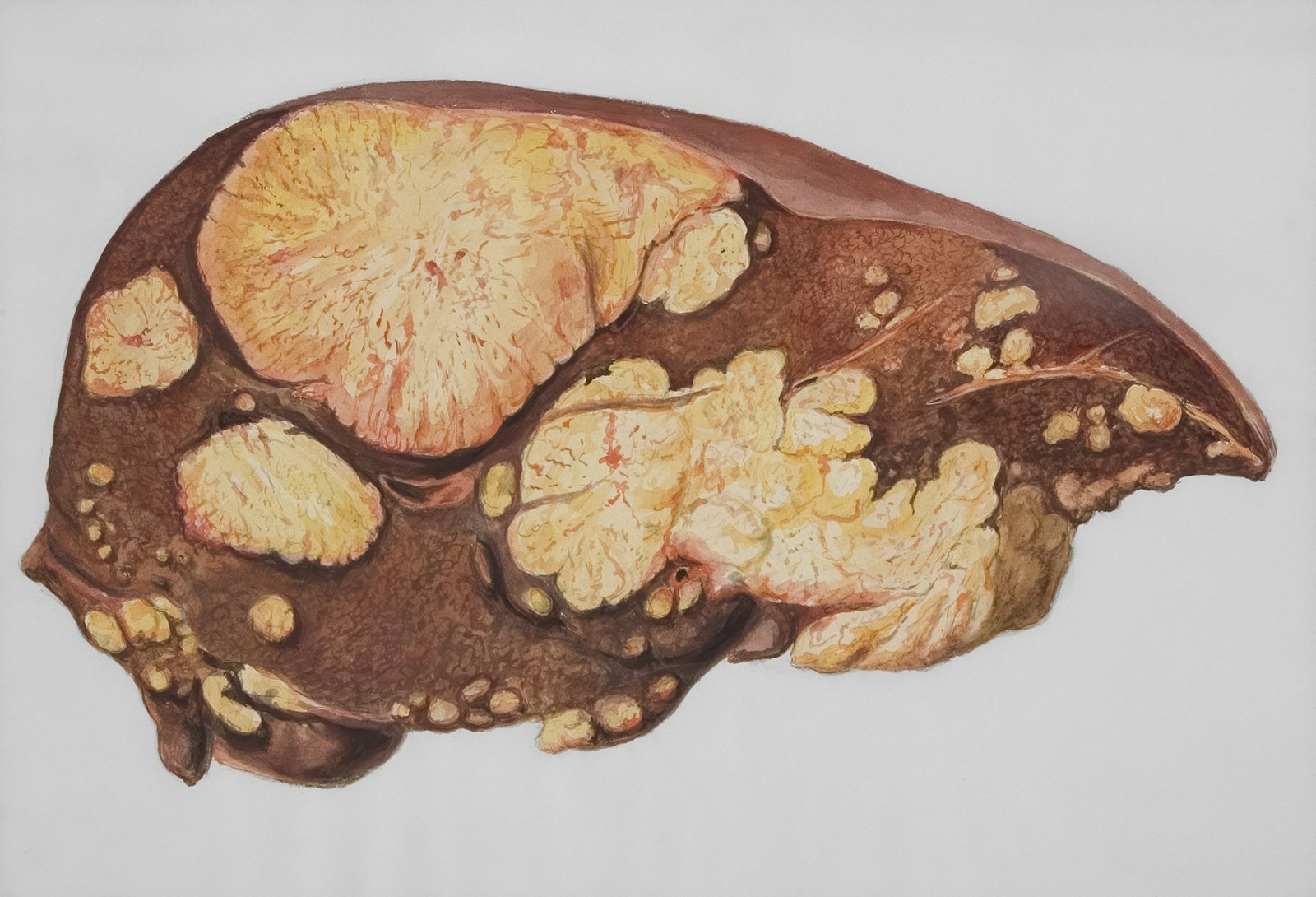How to Use Fennel Seeds for Irregular Periods?
Irregular periods are a common concern among women of all ages. From lifestyle stress to hormonal imbalance, several factors can disturb your menstrual cycle. While modern medicine offers solutions, many women prefer natural remedies that are gentle on the body. One such time-tested ingredient is fennel seeds (saunf).
If you’re wondering how to use fennel seeds for irregular periods, this blog will guide you step by step. Along with this natural remedy, we’ll also introduce safe and effective Ayurvedic solutions from Dr. Mom Herboveda to help you achieve better menstrual health.
Why Irregular Periods Happen
Before jumping into fennel seeds, it’s important to understand what causes irregular cycles. Common reasons include:
-
Hormonal imbalance (estrogen and progesterone fluctuations)
-
Stress, anxiety, or lack of sleep
-
Poor diet and nutritional deficiencies
-
Polycystic Ovary Syndrome (PCOS)
-
Sudden weight gain or weight loss
-
Excessive exercise or inactivity
-
Thyroid problems
Ayurveda explains irregular periods as a result of dosha imbalance, especially Vata and Pitta disturbances, which affect the natural rhythm of menstruation.
Benefits of Fennel Seeds for Irregular Periods
Fennel seeds (Foeniculum vulgare), commonly known as saunf, are more than just a mouth freshener. Ayurveda and modern research highlight their benefits for women’s health:
-
Regulates Menstrual Cycle – Fennel seeds have phytoestrogens that mimic estrogen and help regulate periods.
-
Relieves Menstrual Cramps – The antispasmodic properties reduce abdominal pain and bloating.
-
Balances Hormones Naturally – Supports the endocrine system, which manages reproductive hormones.
-
Improves Digestion – A healthy digestive system contributes to balanced metabolism and better cycle regularity.
-
Reduces PMS Symptoms – Helps ease mood swings, irritability, and water retention.
How to Use Fennel Seeds for Irregular Periods
Here are some simple yet effective ways to include fennel seeds in your daily routine:
1. Fennel Seed Tea
-
Boil 1 teaspoon of fennel seeds in 1 cup of water for 5–7 minutes.
-
Strain and drink twice daily.
-
Best consumed on an empty stomach in the morning and before bedtime.
2. Fennel Water
-
Soak 2 teaspoons of fennel seeds overnight in a glass of water.
-
Strain and drink first thing in the morning.
-
This helps detoxify the body and regulate cycles.
3. Fennel Powder with Honey
-
Grind fennel seeds into a fine powder.
-
Take 1 teaspoon of fennel powder with 1 teaspoon of honey after meals.
-
This combination helps improve digestion and balances hormones.
4. Fennel Seeds with Milk
-
Add 1 teaspoon of fennel seeds to warm milk.
-
Drink daily before bedtime for 1–2 months.
-
Especially useful if irregular periods are linked with hormonal imbalance.
Ayurvedic Support with Dr. Mom Herboveda
While fennel seeds are effective, sometimes natural remedies alone may not be enough, especially if irregular periods are chronic. That’s where Ayurvedic formulations can play a bigger role.
Uterimom Ayurvedic Syrup for Irregular Periods
-
A natural blend of herbs designed to support menstrual regularity.
-
Helps balance hormones, reduce cramps, and improve reproductive health.
-
Works as a long-term Ayurvedic solution for irregular cycles.
Ayurvedic Health Tonic for Women
-
Enhances energy and overall women’s wellness.
-
Supports the reproductive system and strengthens immunity.
-
Complements fennel seed remedies for complete menstrual care.
Additional Lifestyle Tips for Regular Periods
Apart from fennel seeds and Ayurveda, these lifestyle changes can support menstrual health:
-
Maintain a balanced diet rich in fruits, vegetables, and whole grains.
-
Exercise regularly but avoid over-exercising.
-
Manage stress through yoga, meditation, or breathing exercises.
-
Ensure adequate sleep every night.
-
Stay hydrated and avoid excessive caffeine or junk food.
Conclusion
If you’re struggling with irregular periods, learning how to use fennel seeds for irregular periods can be a simple and natural first step. From fennel tea to fennel water, these remedies have been trusted for centuries.
However, for long-term cycle balance and overall reproductive wellness, try Uterimom Ayurvedic Syrup and Ayurvedic Health Tonic for Women from Dr. Mom Herboveda. Together with natural remedies and lifestyle changes, they provide holistic support for women’s health.
FAQs on Using Fennel Seeds for Irregular Periods
Q1: How long should I use fennel seeds to see results?
You may notice improvement within 1–2 months of regular use, but consistency is key.
Q2: Can fennel seeds cure irregular periods completely?
They help regulate cycles naturally, but chronic irregularity may need Ayurvedic support like Uterimom Syrup.
Q3: Are fennel seeds safe for everyone?
Generally safe, but pregnant women or those with specific medical conditions should consult a doctor.
Q4: Can I take fennel seeds along with Ayurvedic medicines?
Yes. In fact, combining fennel seed remedies with Dr. Mom Herboveda’s Ayurvedic products provides better results.



